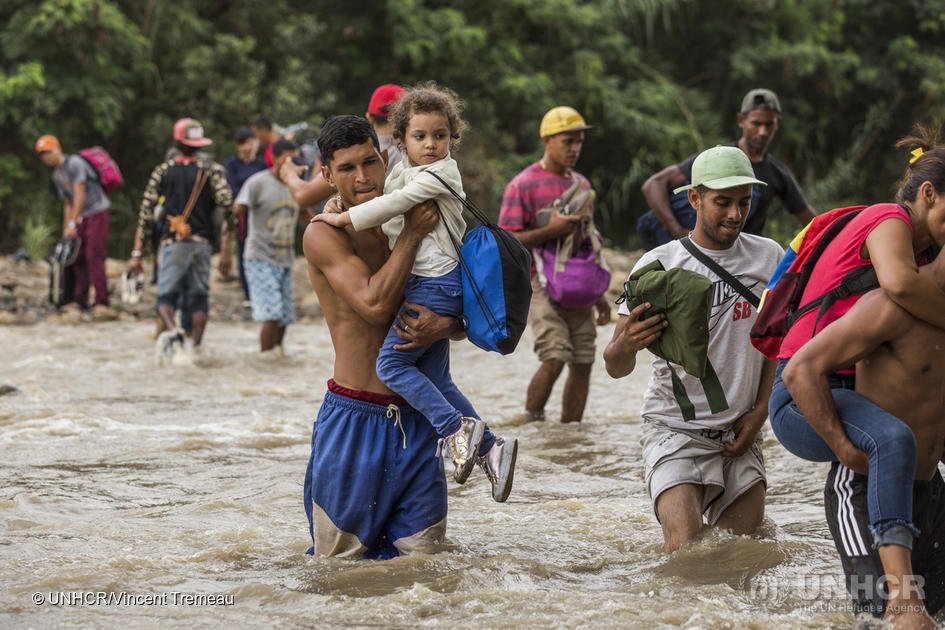Helping refugees shared responsibility of all nations: Duterte

Duterte reiterated his willingness to accept refugees such as Rohingyas, often described as “the world’s most persecuted minority”. (File Photo: @Refugees/Twitter)
MANILA – Helping refugees is a “shared responsibility” of nations, President Rodrigo Duterte said, reaffirming the Philippines’ commitment to keeping open its doors to the most vulnerable.
“Helping the most vulnerable – those displaced by conflict, persecution, and political instability – is a shared responsibility of all countries,” Duterte said in a pre-recorded statement aired Wednesday morning (Manila time) at the 75th United Nations (UN) General Assembly.
Duterte reiterated his willingness to accept refugees such as Rohingyas, often described as “the world’s most persecuted minority”.
“As I have said many times: The doors of the Philippines are open, as they have always been, to everyone fleeing for safety, such as the Rohingyas,” he said.
The Rohingya are an ethnic group, the majority of whom are Muslim, who have lived for centuries in Myanmar. Currently, there are about 1.1 million Rohingyas in the Southeast Asian country.
He enjoined nations to unite in ending conflicts and persecution that forced people to flee in the first place.
“In the face of a mounting refugee crisis worldwide, let us work together towards ending the conflicts and conditions that force people to flee their homes,” he said.
As societies become more diverse yet interdependent, Duterte said ”social cohesion” should be prioritized.
“Mutual understanding always accompanied by mutual tolerance between those of different faiths and cultures is the only foundation of societies at peace with itself and all others,” he said.
Duterte has repeatedly said he was ready to accept Rohingya refugees fleeing war and persecution in Myanmar, urging neighboring countries Malaysia and Indonesia to do the same.
In previous years, Duterte criticized the supposed inaction of the UN and the European Union (EU) to address the plight of Rohingyas.
The Philippines has a long history of opening its doors to the refugees.
Duterte took pride in this and mentioned in his speech that the Philippines welcomed the White Russians following the 1917 Revolution, the European Jews in the Second World War, the Vietnamese in the late 1960s, and the Iranians displaced by the 1979 revolution, among others.
“The Philippines continues to honor this humanitarian tradition in accordance with our obligations under the 1951 Convention on the Status of Refugees and the 1967 Protocol,” he said.
The Philippines’ open-door policy to refugees can be traced back to 1923 when the country took in the first wave of White Russians fleeing from the Socialist Revolution, according to the United Nations High Commissioner for Refugees.
The country also admitted Jewish refugees in 1934, Spanish Republicans in 1939, Chinese refugees in 1940, White Russians in 1949, Vietnamese “boat people” in 1975, Iranian refugees in 1979, Indo-Chinese refugees in 1980, and East Timor refugees in 2000.





















